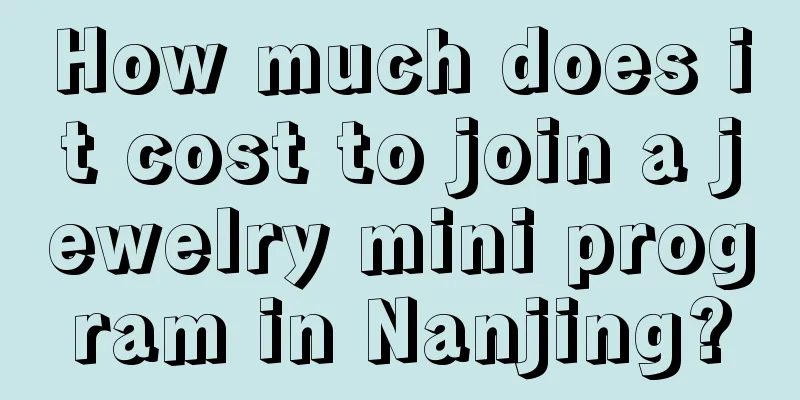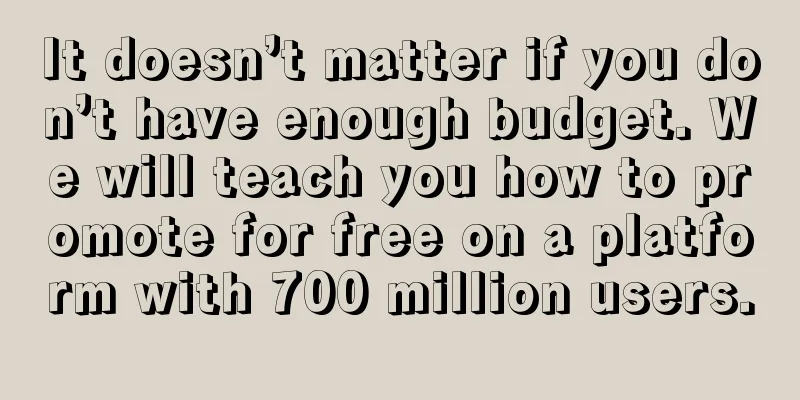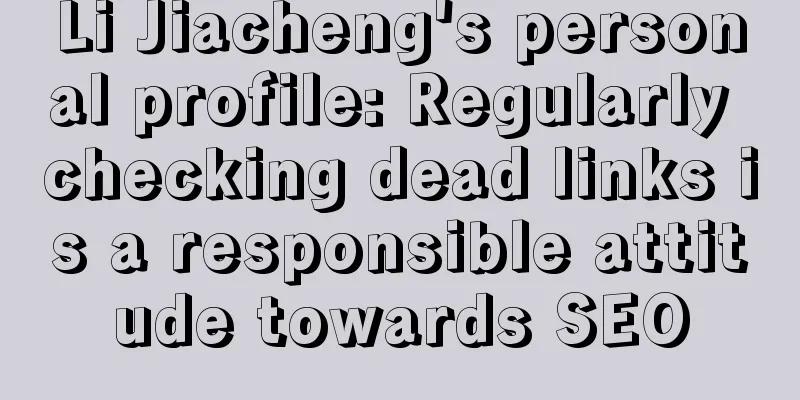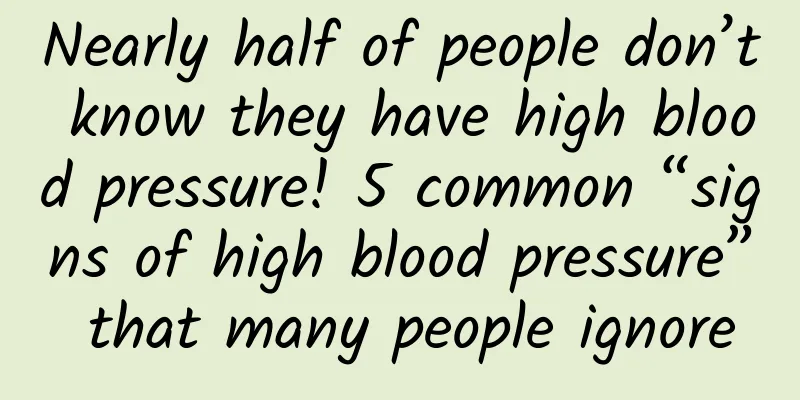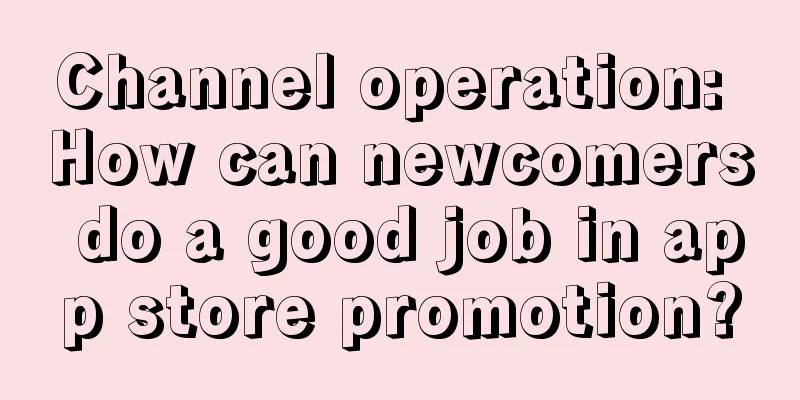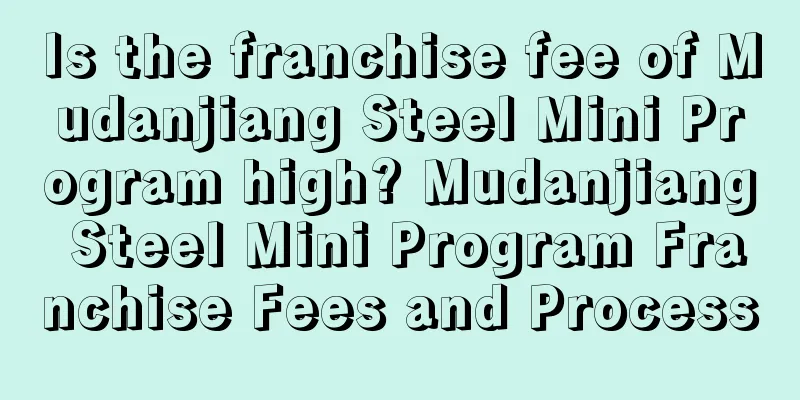Oracle announces Java 7 end of life
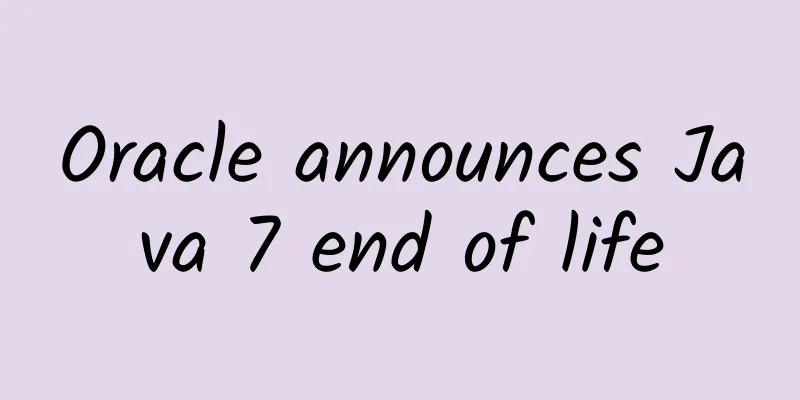
|
Oracle stopped releasing Java 7 security patches and upgrade packages in public channels in April 2015 to urge users to migrate to Java 8 or purchase long-term commercial support services for Java 7. Other third-party organizations may provide public updates for it in the future. This planned EOL (end-of-life) was initially announced in March 2014 and is not expected to affect ordinary users (Oracle started automatic updates from Java 7 to 8 in January 2015), but Java developers and advanced users may encounter some problems. Many tools and libraries still rely on some features that were marked as deprecated in Java 7, which were completely removed in Java 8. As a result, these tools are incompatible with new versions of Java and must be changed before users upgrade their Java versions. Oracle no longer releasing updates does not mean that Java 7 is completely unusable, but it does mean that Oracle will not provide patches for any future vulnerabilities and vulnerabilities that may be discovered on Java 7, thus putting end users at risk. This means that users who are still using tools that are incompatible with Java 8 can either choose to continue using Java 7 and accept the potential risks, purchase long-term commercial support, or migrate to another tool. This puts the pressure on tool developers, especially those who lead open source projects, because they have to combine their daily responsibilities for the project with the work of migrating to the latest version of Java. Ryan Heaton, senior engineer at FamilySearch and founder of Enunciate, is an example. Enunciate is a widely used Java documentation engine tool that currently does not work on Java 8. I feel like Java 7's EOL is coming too soon. I would have liked them to wait a little longer, but I understand the overhead of maintaining older products and APIs. But to be honest, no matter when Oracle decides to end Java 7, I'll probably feel it's too soon. I have to admit that it's motivating me to update my own projects as soon as possible. On the other hand, it seems unusual that there is only one choice for this migration. Shouldn't Java 9 be released as a choice before Java 7 EOL? Alternatives to Oracle JVM Although Oracle's JVM is the most popular, it is not the only JVM. Many JVMs have been implemented by various organizations and user groups, both open source and proprietary, with varying levels of support. Azul Systems, for example, offers two commercially supported JVMs, including updates for Java 7 and even Java 6. |
<<: Beijing and Shanghai from a programmer's perspective
>>: I heard that programmers all want such a working environment?
Recommend
Tiangong Space Station: Opening a new era of Chinese "space settlement"
On December 9, 2021, Wang Yaping (left) and Ye Gu...
Is Delta still prevalent in China? Are there any new variants? Official response
Recently, the number of newly infected people in ...
The king of volume kings, value first, the dark blue SL03 is priced at 145,900-191,900
On August 25, the newly upgraded Deep Blue SL03 w...
Transcontinental wireless communication, he turned dreams into reality
Field, who finally succeeded after many setbacks ...
Fairy-like, the third phase of "Nantianmen" is connected to the subway? Netizens: Journey to the West is still too conservative
March 24 A netizen posted a video on a bridge in ...
Apple's revenue hits a record high, with over $200 billion in cash reserves, making it rich enough to rival a country. This is all thanks to the iPhone
Recently, Apple released its first quarter result...
What are dead links? How to deal with dead links on the website?
For an SEO website optimization practitioner, it ...
How to master information flow video promotion?
Currently, the trend of online video advertising ...
The Forbidden City lipstick became popular overnight: the important forces of advertising, public relations and KOL!
The Palace Museum has successfully achieved the r...
Ps+Ai double major! The first compulsory course for designers
Ps+Ai double major! The first compulsory course f...
Jingzhe丨A spring thunderclap, peach blossoms bloom
When the weather warms up, Spring thunder suddenl...
Do children only have stuffy noses, runny noses, and sneezing when they have a cold? That may not be the case...
gossip In spring, if children repeatedly experien...
9 angles to help you write hit articles!
I will tell you how everyone can write a hit arti...
Are you always sleepy and can't wake up? It may not be due to lack of sleep, but may be the precursor of these 8 diseases
As the saying goes, "You feel sleepy in spri...
Cao Cao, “a capable minister in peaceful times and a hero in troubled times,” died of what disease?
The Yangtze River flows eastward, and the waves w...
